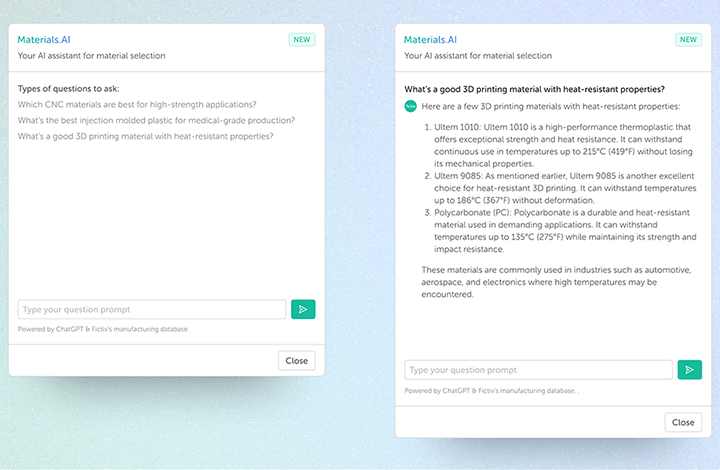Time to read: 3 min
The global supply chain continues to experience disruption as a result of COVID-19. Travel restrictions have significantly reduced international air freight capacity: In January 2020, there were 325 weekly flights between the U.S. and China, but by mid-February, only 20 remained. Worldwide demand for flights fell by over 94% between April 2019 and April 2020.
In addition, exports from China are experiencing delays, due to a combination of high international demand for PPE and prioritization of PPE exports above other commodities. Restrictions on PPE exports and mandatory physical inspections of 100% of PPE shipments have increased the export processing time from an average of four hours in late 2019 to four days in May 2020.
At Fictiv, we aim to provide transparency around the supply chain and give you as much information as possible. To that end, we’ll be providing regular logistics updates, including details about transit time increases.
Increases in Transit Times
As you know, freight carriers like FedEx, UPS, and DHL are considered essential businesses and continue to operate at limited capacity. The reductions in commercial flights have impacted them because they rely on commercial airlines’ passenger flights to handle overflow when their fleet capacity is congested. Meanwhile, freight forwarders, who typically purchase space on commercial airlines to ship goods, are also trying to ship via freight fleets, creating a bottleneck we haven’t seen before.
While there are significant delays in transit lead times for all major carriers from mainland China, we’ve observed that FedEx transit times seem to be the most stable of all the freight carriers.
COVID-19 also affected the movement of goods through ports and Customs clearance processing times, but as shelter in place restrictions ease, we’ve seen significant increases in release times from U.S. Customs.
Guidance for Fictiv Customers
When Fictiv customers choose international priority service for shipping, FedEx has historically defaulted that service to three days. However, FedEx has temporarily suspended their money-back guarantee for that transit time, because they’ve recognized that they are not able to consistently and reliably hit that target.
Due to the aforementioned cargo capacity bottlenecks, which stem from reduced international passenger flights, we’ve found that most shipments are not being delivered by international carriers within their promised 3-day Service Level Agreement (SLA) for International Priority shipping. Recently, the vast majority have been delivered within 7 days. That being said, we see that passenger air travel is picking back up and expect transit lead times to move back in line with carrier SLAs over time.
While these transit times aren’t something our team at Fictiv can control, you can help Fictiv expedite the export and import clearance process on your behalf. The most effective way to do so is to complete the required Customs information requested on the Fictiv platform after placing an overseas order.
This information gives Customs agents, who are in charge of filing the Customs entry, more information, so they don’t have to pause the clearance process to troubleshoot a Customs entry. It can streamline the entire process, saving time.
Additionally, we want you to know that we check the transit status of all international shipments every day, and if there are any delays or issues, we reach out to the freight carriers to troubleshoot customs holds. If you need to provide additional information, we’ll reach out to you. We don’t wait for the carriers to come to us with issues; we proactively review transit times and resolve issues.
Additional Resources
Main Takeaways
While there is room for improvement, our observation is that transit times are moving in the right direction. We anticipate that transit times will continue to stabilize, as passenger airlines return to business. At this point, that is estimated to happen at the end of June, but we’ll continue to monitor the situation and provide updates.

